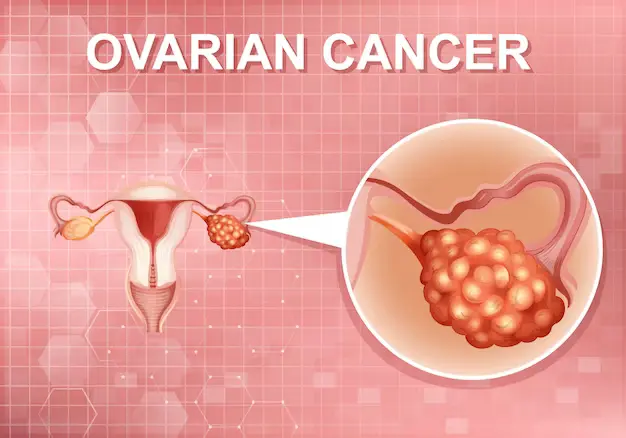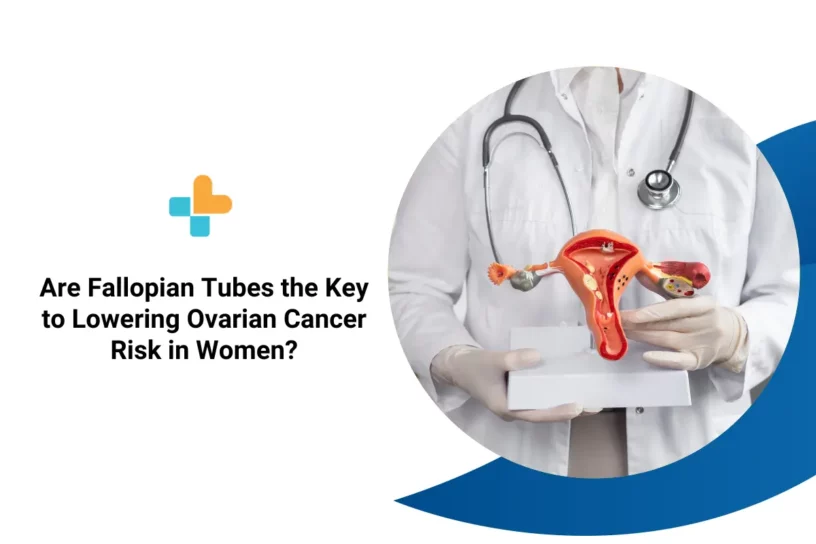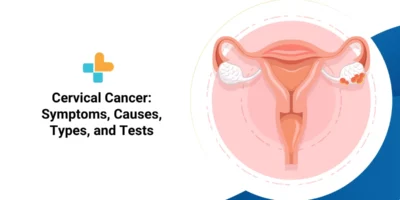Doctors have long been fascinated by the link between specific body parts and certain diseases. One of the most intriguing links they’ve explored is the connection between the fallopian tubes and ovarian cancer.

In this article, we’ll explore the role of fallopian tubes in preventing ovarian cancer, including their anatomy, how ovarian cancer develops, preventative measures, and symptoms.
Let’s begin with the basics.
Anatomy of the Fallopian Tubes
The fallopian tubes are a pair of thin tubes, approximately 10 cm long, located on each side of the uterus. They play an essential role in the female reproductive system, as they serve as the passageway for the eggs to travel from the ovaries to the uterus.
The fallopian tubes are divided into three parts: the interstitial segment, the isthmus, and the ampulla.
- Interstitial segment: The interstitial segment is the narrowest part of the fallopian tubes and is located within the uterine wall.
- Isthmus: The isthmus is the middle part of the tube and is responsible for the muscular contractions that push the egg towards the uterus.
- Ampulla: The ampulla is the broadest section of the fallopian tube and is where most fertilization occurs.
How Ovarian Cancer Develops
Although the precise origin of ovarian cancer is unknown, certain risk factors might increase a woman’s chances of having the disease. These risk factors include the following:
- Age
- Family history
- Obesity
- Use of hormone replacement therapy
Symptoms of Ovarian Cancer
Ovarian cancer is often called the “silent killer” because its symptoms are vague and can go undetected for a long time. Symptoms of ovarian cancer include the following:
- Bloating
- Abdominal bloating or swelling
- Pelvic discomfort or pain
- Changes in bowel habits
- Urinary urgency or frequency
- Difficulty eating
- Fatigue
As the cancer progresses, it can spread to other parts of the body, making it more difficult to treat.
The Connection Between Fallopian Tubes and Ovarian Cancer
According to recent research, ovarian cancer often originates in the fallopian tubes, a theory known as the “tubal origin.” The cells that line the fallopian tubes are constantly exposed to eggs, causing damage and mutations that can lead to cancer.
Research indicates that the outer end or tip of the fallopian tubes is where the cancerous changes that lead to ovarian cancer often begin. From there, the cancer can spread to the surface of the ovaries and potentially to other parts of the body.
This connection between the fallopian tubes and ovarian cancer underscores the importance of early detection and preventive measures.
Preventative Measures for Ovarian Cancer
While there’s no guaranteed way of preventing ovarian cancer, there are several preventative measures women can take to reduce their risk.
We’ve listed four of the essential ones below
- Birth control: Taking birth control pills can reduce the risk of ovarian cancer, particularly in women who take them for five years or more.
https://www.mayoclinic.org/diseases-conditions/ovarian-cancer/symptoms-causes/syc-20375941
https://www.ncbi.nlm.nih.gov/pmc/articles/PMC7355596/
https://www.cancer.net/cancer-types/ovarian-fallopian-tube-and-peritoneal-cancer/introduction#:~:
https://www.cdc.gov/cancer/ovarian/basic_info/prevention.htm#:~:text=There%20is%20no%
2. Pregnancy and breastfeeding: Women who have had at least one full-term pregnancy and who breastfeed may have a lower risk of developing ovarian cancer.
3. Healthy diet and exercise: Maintaining a healthy diet and exercising regularly can help reduce the risk of ovarian cancer.
4. Fallopian tube removal: For women who are at high risk of developing ovarian cancer, having their fallopian tubes removed may be a preventative measure.
The Role of Fallopian Tubes in Preventing Ovarian Cancer
Understanding the role of fallopian tubes in ovarian cancer development can lead to proactive steps that reduce risk and improve outcomes through preventative measures and early detection.
Also read: World Ovarian Cancer Day- May 8, 2023
If you have any concerns about your ovarian health, it is important to speak with your healthcare provider.
For more information on ovarian health or to book an appointment with Ayu Health, visit our website.
Our Hospital Locations
Oncology Surgery Hospitals in Bangalore | Oncology Surgery Hospitals in Jaipur | Oncology Surgery Hospitals in NCR | Oncology Surgery Hospitals in Hyderabad
Our Doctors
Oncology Surgery Doctors in Bangalore | Oncology Surgery Doctors in Jaipur | Oncology Surgery Doctors in NCR | Oncology Surgery Doctors in Hyderabad
About the Author

Dr. S. Goel
Dr. S. Goel is a renowned Internal Medicine Specialist currently practicing at Ayu Health, Bangalore. He is a Specialist in Internal Medicine, Diabetes HTN, Paediatric Care, and Family Medicine.




